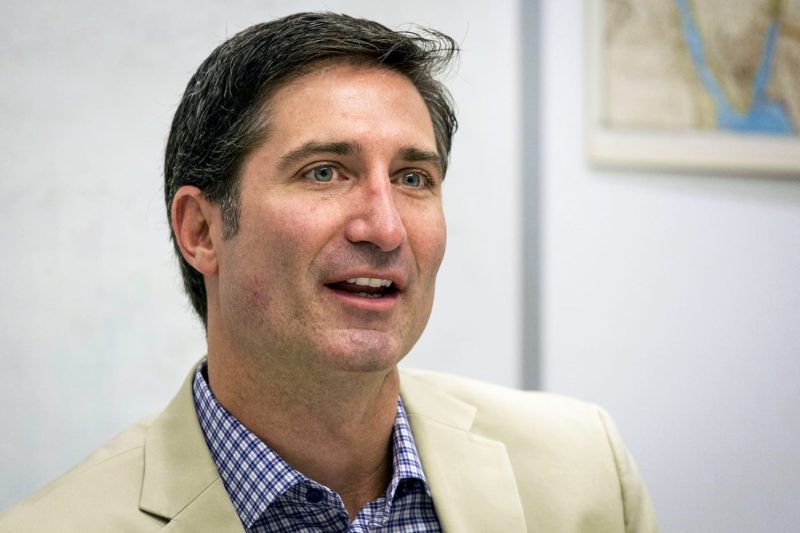The recent news of Starbucks awarding incoming CEO Brian Niccol with $85 million in cash and stock as he departs Chipotle has sparked discussions and raised eyebrows in the business world. This significant compensation package reflects the importance and anticipation surrounding Niccol’s transition to lead the coffee giant.
Firstly, the decision to offer such a generous package to a new CEO signifies the high level of trust and confidence that Starbucks places in Brian Niccol. Having successfully steered Chipotle towards significant growth and recovery during his tenure there, it comes as no surprise that Starbucks is willing to invest in his leadership capabilities.
The allocation of both cash and stock components in the package is a strategic move by Starbucks. Cash provides immediate financial benefits for Niccol, while the stock component aligns his interests with the long-term performance and value of the company. This dual approach not only rewards Niccol for his immediate impact but also incentivizes him to drive sustained success and growth at Starbucks over the years to come.
Moreover, the size of the compensation package raises questions about executive pay disparity and income inequality. While top executives receiving hefty compensation packages is not uncommon in the corporate world, the staggering amounts involved can sometimes lead to public scrutiny and debate. Critics argue that such large payouts contribute to widening income gaps and reinforce the perception of excessive executive compensation relative to average workers within the company.
On the other hand, supporters of high CEO pay packages argue that attracting and retaining top executive talent requires competitive remuneration. In a fiercely competitive market where skilled leaders are in high demand, offering attractive compensation packages can be essential for companies to secure top-tier executives who can drive growth and innovation.
In conclusion, Starbucks’ decision to award Brian Niccol with $85 million in cash and stock highlights the critical role that executive leadership plays in shaping the future of a company. While the size of the package may raise eyebrows and invite criticism, it ultimately reflects Starbucks’ confidence and strategic intent in tapping into Niccol’s proven track record of success. As Niccol takes the reins at Starbucks, the business world will be closely watching to see how his leadership unfolds and whether the investment in his talent pays off in the long run.
